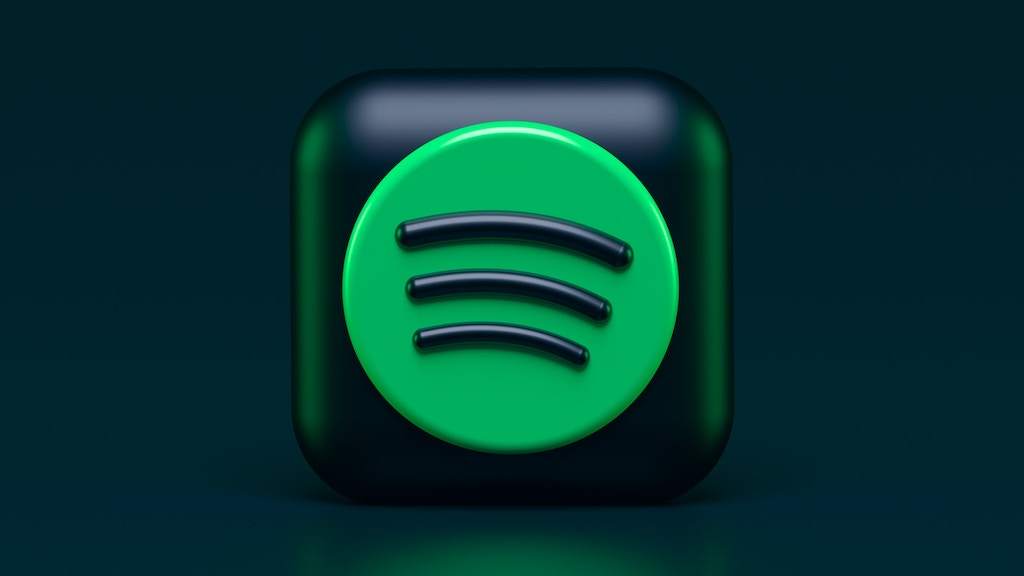Published
Thu, Nov 9, 2023, 18:00
- The news has been reported by Music Business Worldwide and confirmed by a source close to the conversations.

Spotify will have a new royalty model starting next year, Music Business Worldwide reports.
According to the music industry magazine, sources have confirmed that songs will need minimum 1,000 plays per year before artists can earn money. The new scheme will reportedly begin in the first part of 2024 and is "designed to [demonetize] a population of tracks that today, on average, earn less than five cents per month." A source close to the conversations at Spotify also confirmed the news was accurate to Resident Advisor.
The source said the change is because songs with fewer than 1,000 plays have payments "so small it's impossible to withdraw it from the distributor." They also allege that the change doesn't benefit Spotify but is aimed to put money back into the hands of artists.
The announcement first broke last month, when Music Business Worldwide leaked information about several changes at Spotify in 2024. Other rules include penalising distributors—including labels—who participate in fraudulent activity, as well as introducing a minimum amount of play-time that non-music "noise" tracks need to reach in order to earn money. The source said this was also accurate, but that Spotify is still in conversation with people across the industry so that everyone "feels good" about using the platform.
"We’re always evaluating how we can best serve artists, and regularly discuss with partners ways to further platform integrity," a spokesperson for Spotify said. "We don't have any news to share at this time."
Speaking to Resident Advisor, Bristol-based producer Sam Binga said he isn't surprised by the move. "There are plenty of respected labels that I've released with who won’t pay you until your release clears £50 profit," he said. "So, for once, this doesn’t seem particularly out of order to me. There are plenty of other things to get mad at Spotify about, not least their ongoing attempts to create legalised payola (all the monetised features to supposedly 'boost visibility' for releases) or their lack of consistent editorial support for underground electronic music."
Spotify's need to keep an eye on fraudulent distributors may not be unwarranted. Last month, a Swedish newspaper broke a story about criminals using the streaming platform to launder money through fake plays.
We'll report more on this story as it unfolds.
Photo: Alexander Shatov